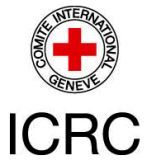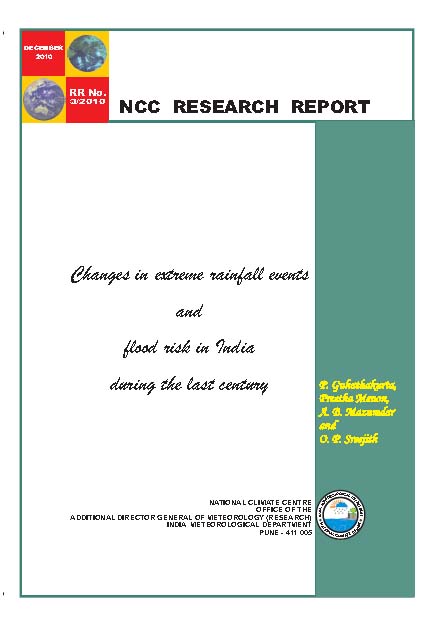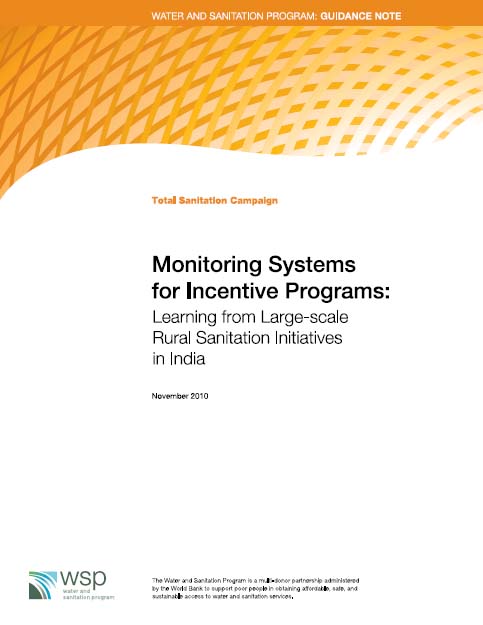/regions/political
Political
ICRC is looking for Water and Habitat Program Coordinator at New Delhi - Apply by 19th June 2011
Posted on 24 May, 2011 11:24 AMContent Courtesy: DevNetJobsIndia
 The International Committee of the Red Cross (ICRC) is an independent, neutral organization ensuring humanitarian protection and assistance for victims of war and other situations of violence. The ICRC is at the origin of both the International Red Cross / Red Crescent Movement and of international humanitarian law, notably the Geneva Conventions.
The International Committee of the Red Cross (ICRC) is an independent, neutral organization ensuring humanitarian protection and assistance for victims of war and other situations of violence. The ICRC is at the origin of both the International Red Cross / Red Crescent Movement and of international humanitarian law, notably the Geneva Conventions.
Workshop on Organic Farming and Livelihood Options – Karnataka Regional Organisation for Social Service (KROSS), 24th – 26th May, 2011, Bengaluru
Posted on 23 May, 2011 06:13 PMOrganizer: Karnataka Regional Organisation for Social Service (KROSS)
Venue: KROSS Training Centre, Bengaluru
Topics:
- Agriculture sector in India and Karnataka
- Background and need for Organic Farming
- Methods in Organic Farming
- Field visit to Kirugaval, Maddur
State-level rice festival 2011 – CREATE-Organic Farming Agriculture Training and Research Centre, 28th – 29th May, 2011, Adhirangam, Tiruvarur, Tamil Nadu
Posted on 23 May, 2011 05:46 PMOrganizer: CREATE-Organic Farming Agriculture Training and Research Centre
Venue: Adhirangam near Thiruthuraipoondi in Tiruvarur district, Tamil Nadu
Description:
G. Nammalvar, organic scientist, will preside over the festival. An exhibition will be organised in connection with the festival in which 47 traditional varieties of paddy will be displayed. Paddy varieties ranging from short, middle and long term with duration of 60 to 180 days will be displayed.
Discussion on: Groundwater use - The looming crisis and the way forward, 28th May, 2011, Indian Social Institute, New Delhi
Posted on 23 May, 2011 03:31 PMOrganizers:
- Delhi Platform
- Jalsamvaad
- HRLU (Human Rights and Law Unit) - Indian Social Institute
- South Asian Dialogues on Ecological Democracy (SADED)
Venue: Room 304, Indian Social Institute, Lodhi Road (Nearest Metro Station: Jor Bagh), New Delhi
Workshop on construction of storage tanks as part of Rain Water Management, Jalvardhini Pratishthan, 4th – 5th June, 2011, Ratnagiri, Maharashtra
Posted on 23 May, 2011 03:03 PMOrganizer: Jalvardhini Pratishthan
Venue: Shri Chandrashekhar Khare's house, Palgad, Taluka Dapoli, Dist. Ratnagiri, Maharashtra
Description:
Jalvardhini Pratishthan is holding workshop on construction of various Ferro cement tanks & coconut coir cement tanks, as part of rain water Management.
Symposium & brain storming workshop on System of Rice Intensification (SRI) for food security & climate change - RAMETI, 23rd – 24th May, 2011, Khopoli, Dist. Raigad, Maharashtra
Posted on 23 May, 2011 12:51 PMOrganizer: Regional Agriculture Extention, Management & Training Institute (RAMETI)
Venue: Regional Agriculture Extention, Management & Training Institute (RAMETI) At Post. Khopoli, Khalapur, Raigad, Maharashtra
Urban water supply sector – Key lessons and contextual sector risks – A note by Asian Development Bank
Posted on 22 May, 2011 08:56 PM The note complements ADB’s Guidance Note on Urban Water Supply Sector Risk Assessment and offers a framework for mapping governance risks to inform the preparation of future country partnership strategies.
The note complements ADB’s Guidance Note on Urban Water Supply Sector Risk Assessment and offers a framework for mapping governance risks to inform the preparation of future country partnership strategies.
Such a framework covers institutional aspects (policy, legal framework, and regulation); organizational aspects (planning, financial management, procurement, and human resources); and sector operations. While the note has identified entry points for mapping risks to development effectiveness in the sector, lessons from evaluations can augment ongoing efforts for mitigating these risks at institutional, organizational, operational, and project levels; and enhance the development effectiveness of ADB assistance in the sector.
Inclusion of a component relating to rural drinking water in the special package for drought mitigation strategies in Bundelkhand region of Uttar Pradesh and Madhya Pradesh - PIB release
Posted on 22 May, 2011 05:09 PMThis would be in addition to the other measures approved by the Cabinet on 19th November, 2009 under the special package for implementing drought mitigation strategies in Bundelkhand.
Changes in extreme rainfall events and flood risk in India during the last century- A report by the India Meteorological Department
Posted on 21 May, 2011 05:53 PM The occurrences of some exceptionally heavy rainfall during the recent years causing flash floods in many areas necessitated the study of long term changes in extreme rainfall over India.
The occurrences of some exceptionally heavy rainfall during the recent years causing flash floods in many areas necessitated the study of long term changes in extreme rainfall over India.
The study includes the analysis of the frequency of rainy days, number of rainy days and heavy rainfall days as well as one-day extreme rainfall and return period analysis in order to observe the impact of climate change on extreme weather events and flood risk. It has been found that frequency of heavy rainfall events are decreasing in major parts of the central and north India while increasing in peninsular India, east and north east India.
The report provides interesting findings that are useful for hydrological planning and disaster managements such as –
Monitoring system for incentive programs – Learning from large-scale rural sanitation initiatives in India – A report by the Water and Sanitation Programme
Posted on 21 May, 2011 02:15 PM It is a part of the Global Scaling Up Rural Sanitation project of the Water and Sanitation Programme, World Bank and focuses on learning how to combine the approaches of Community Led Total Sanitation (CLTS), behavior change communications, and social marketing of sanitation to generate sanitation demand and strengthen the supply of sanitation products and services at scale, leading to improved health for people in rural areas. This is one in a series of knowledge products designed to showcase project findings, assessments and lessons learned in the project.
It is a part of the Global Scaling Up Rural Sanitation project of the Water and Sanitation Programme, World Bank and focuses on learning how to combine the approaches of Community Led Total Sanitation (CLTS), behavior change communications, and social marketing of sanitation to generate sanitation demand and strengthen the supply of sanitation products and services at scale, leading to improved health for people in rural areas. This is one in a series of knowledge products designed to showcase project findings, assessments and lessons learned in the project.
Over the last few years, the concept of open-defecation free communities has emerged as one of the building blocks toward achieving total sanitation. The term ‘access’ is widely used to capture increase in sanitation usage. However, a clean environment is a public good. Hence, there was a need to achieve total sanitation at the community level to realize public health benefits. This has led policy makers and practitioners to adopt strategies that achieve community-wide total sanitation status, which includes the community becoming open-defecation free, and adopting safe hygiene and environmental sanitation practices.